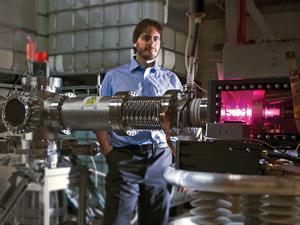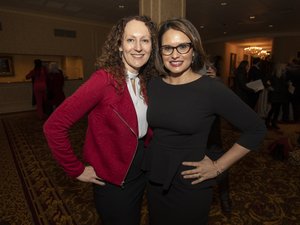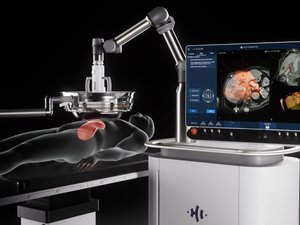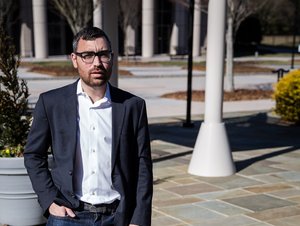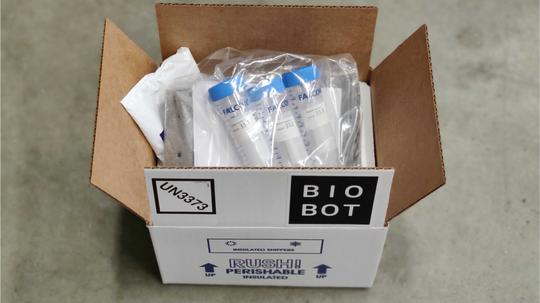
MIT spinoff Biobot Analytics, a biotech startup specializing in wastewater-based epidemiology, has found the number of coronavirus cases may be “an order of magnitude higher” than the number of confirmed cases so far.
Based on wastewater testing done on samples from a major urban treatment facility in Massachusetts, the startup, working in collaboration with MIT, Harvard University and Brigham and Women’s Hospital, found presence of SARS-CoV-2 at a high concentration in the period from March 18 – 25. Put simply, the viral concentrations found during testing were significantly higher than clinically confirmed cases in the state during that time frame. How high? Biobot Analytics co-founder and president, Newsha Ghaeli, explained at a time when there were 446 officially reported cases in the area, which represents 0.026 percent of the population represented in their sewage samples, their research estimates that number could be as low as 2,300 cases (0.1 percent) or as high as 115,000 cases (5 percent).
On Tuesday, Biobot announced that it raised $6.7 million in a seed round led by The Engine, the venture arm of MIT. The American Family Insurance Institute for Corporate and Social Impact, a venture capital investment unit of Madison-based American Family Insurance, also invested in the round, along with Y Combinator and DCVC.
As the startup continues to receive wastewater samples from more treatment facilities, it is also continually tweaking its estimation models — one of the ways is by modeling it on data from SARS COV-1.
“Biobot’s next step to make its COVID-19 case estimation model more accurate is to model the person-to-person variability in SARS CoV-1 shedding in stool,” Ghaeli said.
The team worked with 24-hour composite samples of raw sewage from the wastewater treatment facility to detect the presence of SARS-Cov-2 in fecal samples. The full methodology can be found here.
According to Ghaeli, the findings indicate what many experts believe to be true: The number of confirmed coronavirus cases is much smaller than the actual number of asymptomatic patients and those who’ve yet to be tested.
“This tells us that patient testing is giving us only one specific snapshot of the scope of the outbreak,” Ghaeli said. “A lot more cases haven’t been tested or a large number of patients still remain asymptomatic.”
But the startup’s technology, however, can adapt to public health priorities at the moment, Ghaeli said.
“This will be one more data point, but one that is necessary,” Ghaeli said. “Over time, it can track where we are in the outbreak and help making decisions around scaling back some measures.”
Founded in 2017 by MIT researchers Newsha Ghaeli and Mariana Matus, Biobot Analytics pioneered the use of wastewater epidemiology to track drug use by measuring the concentration of opioids. The data helps cities assess the opioid epidemic locally and evaluate the efficacy of intervention programs.
But the startup’s technology, however, can adapt to public health priorities at the moment.
“We are designed to respond to whatever is a public health priority at the moment,” Ghaeli said. “If this disease ends up being seasonal or if we see other surges, then this [data] can be an early warning.”
Up next on Biobot’s radar: Testing the samples it received from more than 25 states — 120 of them each day.
